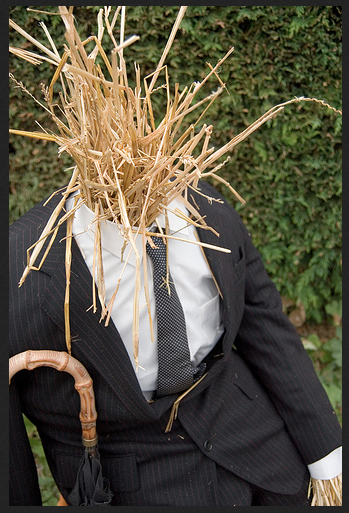"Democracy is finished in England. It may be here," he stated in the Boston Sunday Globe of November 10, 1940. With Nazi German troops having overrun Poland, Denmark, Norway, Belgium, the Netherlands, Luxembourg, and France, and with bombs falling daily on Great Britain, Kennedy unambiguously and repeatedly stated his belief that this war was not about saving democracy from National Socialism (Nazism) or from Fascism. In an interview with two newspaper journalists, Louis M. Lyons, of The Boston Globe, and Ralph Coghlan, of the St. Louis Post-Dispatch, Kennedy said:
It's all a question of what we do with the next six months. The whole reason for aiding England is to give us time ... As long as she is in there, we have time to prepare. It isn't that [Britain is] fighting for democracy. That's the bunk. She's fighting for self-preservation, just as we will if it comes to us..... I know more about the European situation than anybody else, and it's up to me to see that the country gets it.[6]
His views were becoming inconsistent and increasingly isolationist; British MP Josiah Wedgwood, 1st Baron Wedgwood, who had himself opposed the British Government's earlier appeasement policy, said of Kennedy:
We have a rich man, untrained in diplomacy, unlearned in history and politics, who is a great publicity seeker and who apparently is ambitious to be the first Catholic president of the U.S.[42]
In British government circles during the Blitz, Kennedy was widely disparaged as a defeatist. He retreated to the countryside during the bombings of London by German aircraft, at a time when the British Royal Family, Prime Minister, government ministers, and other ambassadors chose to stay in London. (This prompted a member of Britain's Foreign Office to say, "I thought my daffodils were yellow until I met Joe Kennedy.")
When the American public and Roosevelt Administration officials read his quotes on democracy being "finished", and his belief that the Battle of Britain was not about "fighting for democracy", all of it being just "bunk", they realized that Kennedy could not be trusted to represent the United States. In the face of national public outcry, and pressure from the Roosevelt Department of State, which no longer wanted him, Kennedy submitted his resignation late in November 1940.

